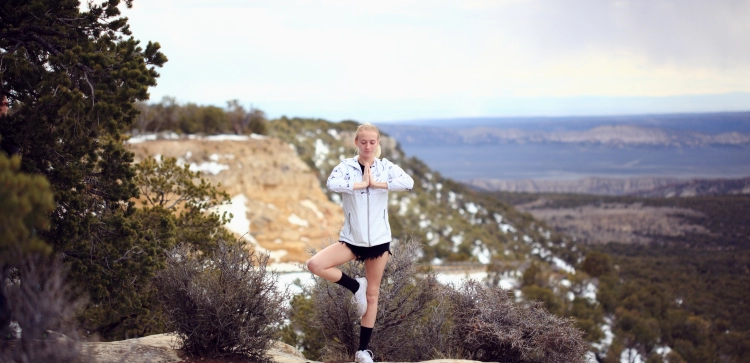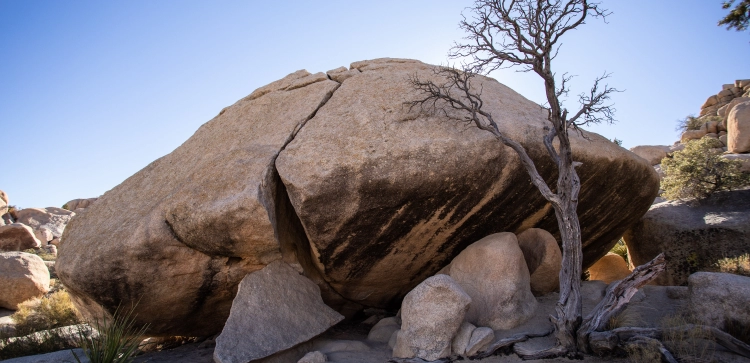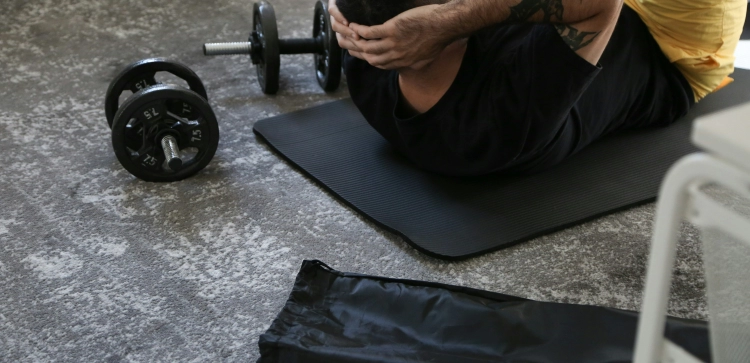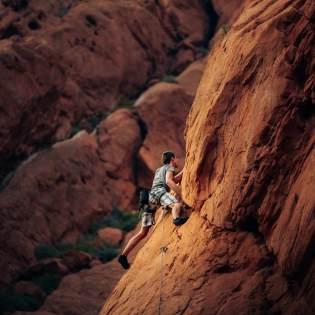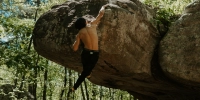What Are Common Mental Blocks That Climbers Experience?

Climbing is not just a physical sport; it's a mental one as well. Climbers often face various mental blocks that can hinder their progress and confidence on the wall. Understanding these common challenges is the first step in overcoming them.
- Climbing's Mental Hurdles - Identifying The Barriers
- How Does Fear Affect Climbing Performance, And How Can It Be Managed?
- What Are Some Tips For Boosting Self-Confidence On Challenging Routes?
- What Role Does Mindfulness And Mental Preparation Play In Overcoming Mental Blocks?
- Are There Long-Term Strategies For Building Mental Resilience In Climbing?
- Conclusion
Climbing's Mental Hurdles - Identifying the Barriers
- Fear of Falling: Fear is a natural response to height, but it can paralyze climbers. The fear of falling, in particular, can lead to hesitation and doubt and can be the exact cause of falling.
- Route Anxiety: Climbers may experience anxiety or stress when attempting a challenging route, especially if it's at their limit. Route anxiety can make it difficult to focus and execute moves confidently, which can increase their anxiety even more.
- Self-Doubt: Doubting one's abilities is a pervasive mental block. Negative self-talk can erode self-confidence and hinder progress.
How Does Fear Affect Climbing Performance, and How Can It Be Managed?
Fear is a powerful emotion that can have a significant impact on climbing performance. Learning to manage fear is essential for climbing with confidence and competence.
Confronting Fear
- Assess Risks Rationally: Understanding the risks and having a realistic assessment of danger is crucial. Often, the perceived risk is higher than the actual risk.
- Gradual Exposure: Gradually pushing your comfort zone and exposing yourself to controlled risks can help desensitize fear.
- Mindfulness Techniques: Breathing exercises and mindfulness practices can calm the mind and reduce anxiety in high-stress situations.
What Are Some Tips for Boosting Self-Confidence on Challenging Routes?
Self-confidence is a key component of successful climbing. Building and maintaining confidence, especially on challenging routes, is vital for progress.
Climbing with Confidence - Believe in Yourself
- Positive Self-Talk: Replace negative thoughts with positive affirmations. Encourage yourself rather than doubting your abilities.
- Visualize Success: Visualization can be a powerful tool. Mentally rehearse successful climbs and imagine yourself overcoming challenges.
- Set Achievable Goals: Break down your climbing objectives into smaller, achievable goals, and celebrate each success to boost your confidence. Setting goals that are too unrealistic can reduce your motivation and eventually, your performance.
What Role Does Mindfulness and Mental Preparation Play in Overcoming Mental Blocks?
Mindfulness and mental preparation techniques can help climbers stay focused, reduce anxiety, and overcome mental blocks.
The Mind-Body Connection - Mindful Climbing
- Stay Present: Focus on the here and now rather than worrying about the future or dwelling on past failures. Just because you didn't send the route your last go, doesn't mean you won't send it on your next. Focus on each attempt fully, rather than focusing on your previous attempts and mistakes.
- Controlled Breathing: Breathing exercises can calm nerves and help maintain composure during challenging climbs. Take a second before you start the climb to take a deep breath and focus yourself.
- Pre-Climb Rituals: Establishing pre-climb routines can help get you in the right mental state before tackling a route. This can be something you do, think, or say.
Are There Long-Term Strategies for Building Mental Resilience in Climbing?
Building mental resilience is an ongoing process that can lead to more consistent and confident climbing over time.
Resilience in Climbing
- Consistent Practice: Consistently facing and conquering challenges helps build mental resilience. Embrace adversity as a learning opportunity.
- Seek Guidance: Consider working with a climbing coach or mental training expert to develop mental resilience strategies.
- Celebrate Progress: Acknowledge and celebrate your mental victories, no matter how small they may seem.
Conclusion
Climbing is a dynamic blend of physical prowess and mental fortitude. The ability to deal with mental blocks is a crucial skill for climbers of all levels. By understanding common mental hurdles, managing fear, boosting self-confidence, practicing mindfulness, and embracing long-term resilience-building strategies, climbers can unlock their full potential and enjoy a more fulfilling climbing experience.
Remember, overcoming mental blocks takes time and practice. Climbing is not just about reaching the summit; it's about conquering the obstacles within your mind and finding the strength to push forward.


